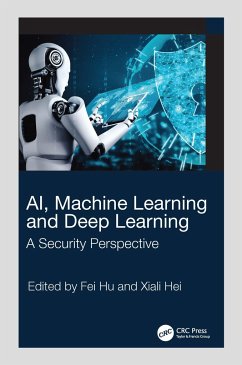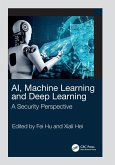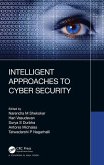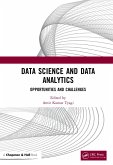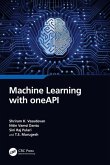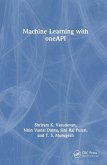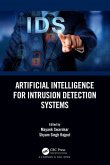Today, Artificial Intelligence (AI) and Machine Learning/ Deep Learning (ML/DL) have become the hottest areas in information technology. In our society, many intelligent devices rely on AI/ML/DL algorithms/tools for smart operations. Although AI/ML/DL algorithms and tools have been used in many internet applications and electronic devices, they are also vulnerable to various attacks and threats. AI parameters may be distorted by the internal attacker; the DL input samples may be polluted by adversaries; the ML model may be misled by changing the classification boundary, among many other attacks and threats. Such attacks can make AI products dangerous to use.
While this discussion focuses on security issues in AI/ML/DL-based systems (i.e., securing the intelligent systems themselves), AI/ML/DL models and algorithms can actually also be used for cyber security (i.e., the use of AI to achieve security).
Since AI/ML/DL security is a newly emergent field, many researchers and industry professionals cannot yet obtain a detailed, comprehensive understanding of this area. This book aims to provide a complete picture of the challenges and solutions to related security issues in various applications. It explains how different attacks can occur in advanced AI tools and the challenges of overcoming those attacks. Then, the book describes many sets of promising solutions to achieve AI security and privacy. The features of this book have seven aspects:
This is the first book to explain various practical attacks and countermeasures to AI systemsBoth quantitative math models and practical security implementations are providedIt covers both "securing the AI system itself" and "using AI to achieve security"It covers all the advanced AI attacks and threats with detailed attack modelsIt provides multiple solution spaces to the security and privacy issues in AI toolsThe differences among ML and DL security and privacy issues are explainedMany practical security applications are covered
While this discussion focuses on security issues in AI/ML/DL-based systems (i.e., securing the intelligent systems themselves), AI/ML/DL models and algorithms can actually also be used for cyber security (i.e., the use of AI to achieve security).
Since AI/ML/DL security is a newly emergent field, many researchers and industry professionals cannot yet obtain a detailed, comprehensive understanding of this area. This book aims to provide a complete picture of the challenges and solutions to related security issues in various applications. It explains how different attacks can occur in advanced AI tools and the challenges of overcoming those attacks. Then, the book describes many sets of promising solutions to achieve AI security and privacy. The features of this book have seven aspects:
This is the first book to explain various practical attacks and countermeasures to AI systemsBoth quantitative math models and practical security implementations are providedIt covers both "securing the AI system itself" and "using AI to achieve security"It covers all the advanced AI attacks and threats with detailed attack modelsIt provides multiple solution spaces to the security and privacy issues in AI toolsThe differences among ML and DL security and privacy issues are explainedMany practical security applications are covered

